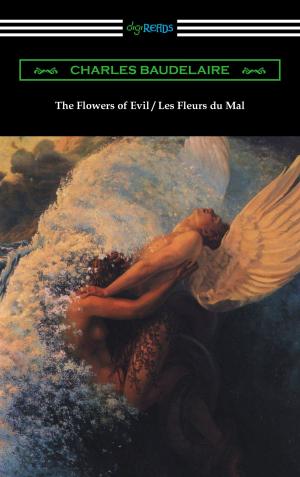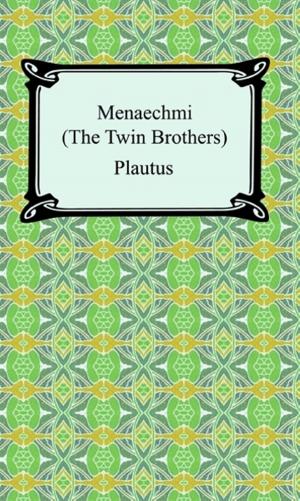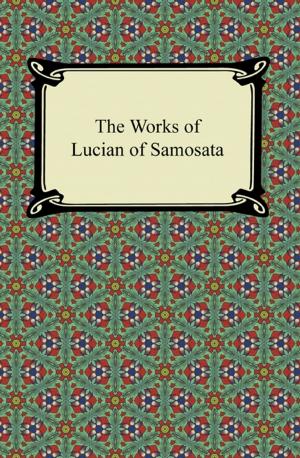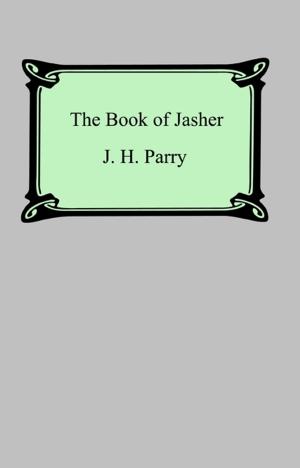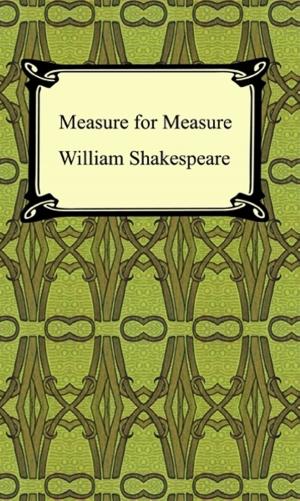| Author: | William Langland | ISBN: | 9781420948677 |
| Publisher: | Neeland Media LLC | Publication: | December 15, 2009 |
| Imprint: | Digireads.com Publishing | Language: | English |
| Author: | William Langland |
| ISBN: | 9781420948677 |
| Publisher: | Neeland Media LLC |
| Publication: | December 15, 2009 |
| Imprint: | Digireads.com Publishing |
| Language: | English |
William Langland's "The Vision of Piers the Plowman" has been described as one of the most analytically challenging texts in Middle English textual criticism. Of the fifty plus surviving manuscripts, of which some are only fragments, from this 14th century allegorical narrative poem none of these seem to be in the author's own hand or can clearly be linked to each other. The current scholarship on the work suggests that ultimately there were three iterations of the poem, referred to as the A, B, and C texts, that were progressively written by a single author over a period of 20-25 years. The poem, which is part theological allegory, part social satire, concerns the narrator's intense quest for the true Christian life, from the perspective of medieval Catholicism. In this edition a verse rendition by Walter William Skeat of the first seven passuses, or cantos, is presented with significant introductory material.
William Langland's "The Vision of Piers the Plowman" has been described as one of the most analytically challenging texts in Middle English textual criticism. Of the fifty plus surviving manuscripts, of which some are only fragments, from this 14th century allegorical narrative poem none of these seem to be in the author's own hand or can clearly be linked to each other. The current scholarship on the work suggests that ultimately there were three iterations of the poem, referred to as the A, B, and C texts, that were progressively written by a single author over a period of 20-25 years. The poem, which is part theological allegory, part social satire, concerns the narrator's intense quest for the true Christian life, from the perspective of medieval Catholicism. In this edition a verse rendition by Walter William Skeat of the first seven passuses, or cantos, is presented with significant introductory material.


